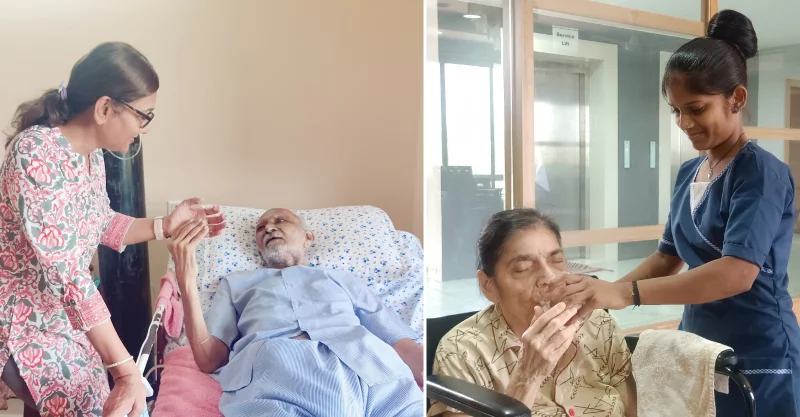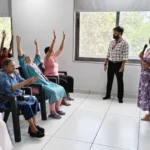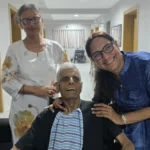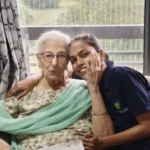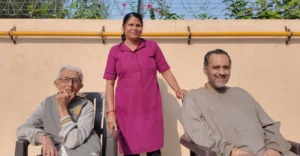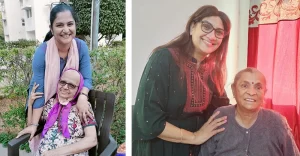As we age, our needs change. What worked for us in our 40s may not be suitable in our 70s or 80s. For seniors, especially, personalized care customized to suit specific health conditions, emotional needs, and personal routines can make a tremendous difference in long-term health and quality of life. This type of care looks beyond standard practices to provide support that truly respects each senior’s unique journey.
What is Personalized Elderly Care?
Personalized elderly care goes beyond basic assistance, adapting to the individual’s medical needs, preferences, and lifestyle. This approach, rather than offering a generic treatment plan, emphasizes tailored strategies to meet unique challenges, like mobility issues, dietary needs, or chronic health conditions.
This custom approach not only respects the senior’s individual health history but can also have a substantial impact on long-term health. It ensures that each person’s needs are addressed, improving both mental and physical well-being.
Key Benefits of Personalized Elderly Care
Enhanced Physical Health
By personalizing care, seniors benefit from healthcare that specifically targets their needs. For instance, conditions like arthritis or diabetes require specialized care routines and medication management, which can prevent complications and reduce pain. With a customized treatment plan, seniors can maintain or even improve mobility, making everyday tasks easier and helping them stay active longer.
Improved Mental and Emotional Well-Being
Mental health and emotional well-being are essential, but too often overlooked in standard care settings. Personalized elderly care supports mental health by fostering regular social interactions and ensuring that seniors stay engaged with activities that interest them. Tailored routines might include hobbies like art, music, or gentle physical activities that provide not only joy but also mental stimulation.
Support for Independence and Dignity
Maintaining independence is vital for seniors’ confidence and sense of dignity. Personalized care helps individuals carry out daily routines in a way that feels safe and manageable while preserving autonomy. By providing assistance only where it’s needed, this approach allows seniors to maintain control over their lives and remain as self-sufficient as possible.
Effective Chronic Disease Management
Chronic diseases like dementia, osteoporosis, and hypertension require ongoing, careful management. Personalized care plans account for these conditions by adjusting treatments and monitoring symptoms closely. For example, a senior with heart disease can benefit from a tailored diet and exercise plan, improving heart health while reducing risk factors associated with ageing.
Essential Components of a Personalized Care Plan
Comprehensive Health Assessments
Crafting a personalized care plan begins with understanding the individual’s needs. A comprehensive health assessment examines not just physical health, but also social connections, cognitive function, and personal interests. By evaluating a senior’s full profile, caregivers can identify where extra support may be needed, such as help with mobility or managing chronic pain.
Customized Daily Routines
A key part of effective elderly care involves establishing routines that are both enjoyable and beneficial. Activities tailored to personal interests—like gardening, gentle exercise, or crafting—can improve both physical and mental health. Routine keeps seniors active, engaged, and feeling purposeful, which can do wonders for overall well-being.
Family Involvement
Families play a crucial role in a senior’s life and should be part of the care planning process. Family members can provide valuable insights into a loved one’s preferences, and staying involved allows them to feel more connected. Family participation ensures that the senior’s care aligns with everyone’s expectations, offering both support and peace of mind.
Flexible and Adaptive Care Plans
Ageing is a continuous process, and a personalized care plan must adapt over time to meet new challenges. Regular assessments allow caregivers to modify routines, introduce new treatments, or adjust support levels to best meet the senior’s evolving needs.
Why Personalized Elderly Care is the Future of Aging Support
As the elderly population grows, the demand for customized elderly care will only increase. Personalized care provides a better fit than traditional methods, as it considers the full spectrum of a senior’s needs—physical health, emotional well-being, and social connections. Technological advances like health monitoring tools are also expected to make personalized care even more precise, ensuring that ageing support keeps pace with the diverse needs of seniors.
Conclusion
Personalized elderly care has become more than a trend; it’s a necessity for long-term health and quality of life. By respecting the unique needs of each individual, caregivers provide the support that can lead to healthier, happier ageing. This approach recognizes seniors as individuals, not just patients, and offers them the tools and respect they need to live fully in their later years.

